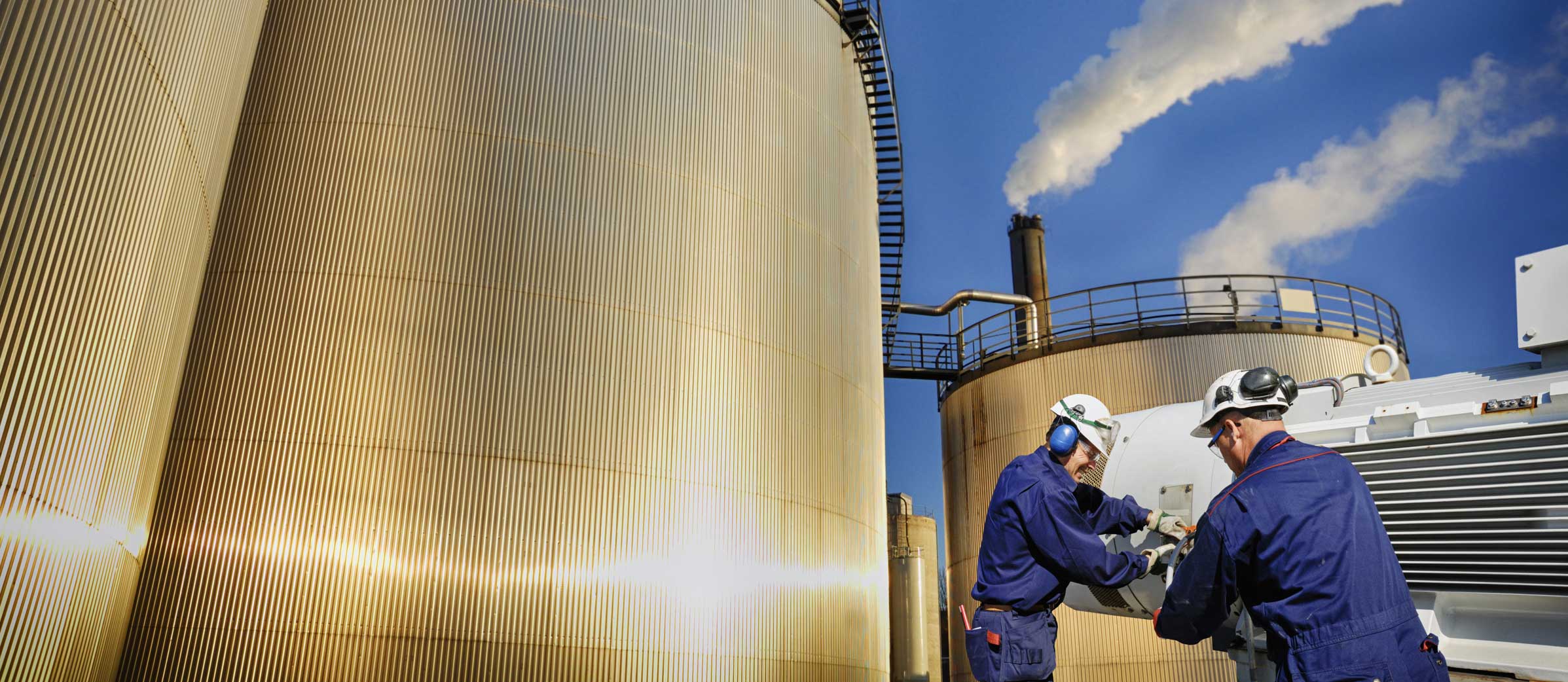By means of a swap, you can secure a price agreed today for the purchase or sale of a commodity at a future date. This ensures you have a reliable basis for your financial planning.
A swap is a forward transaction, i.e. the purchase or sale is for a specific date in the future. When the forward transaction (commodity swap) falls due, no physical goods are supplied. Instead, a compensation payment is made.
For the buyer of the commodity, this means that when they enter a swap they are securing a guaranteed predetermined price for the purchase of that commodity for a specific date in the future. When the swap matures, the average market (spot) price of the commodity is compared with the agreed price (strike price) of the swap. A compensation payment is subsequently made for any difference. If the average price is above the agreed strike price, then the buyer receives a compensation payment. If the average spot price is below the strike price, then, by the same token, the buyer is obliged to make a compensation payment. The actual physical commodity is bought separately via a supplier in the normal way.
By paying a premium for a commodity cap, you can set a maximum price to pay, protecting yourself against any potential price rise. Upon maturity, the average market price is compared with the agreed cap. If the average market price is above the cap, the commodity buyer receives a compensation payment. If the average market price is below the cap, the buyer can take advantage of the lower price. The buyer pays a premium for the cap.
The purchase of the actual commodity is still in the conventional way via a supplier. With a commodity cap, there is no physical delivery.
By paying a premium for a commodity floor, you can set a minimum price to be paid, protecting yourself against any potential price falls. Upon maturity, the average market price is compared with the agreed floor.
If the average market price is below the floor, the seller receives a compensation payment. If the average is above the floor, the commodity seller can take advantage of the higher prices. The seller pays a premium for the floor.
The sale of the actual commodity is still in the conventional way to a customer. With a commodity floor, there is no physical delivery.
